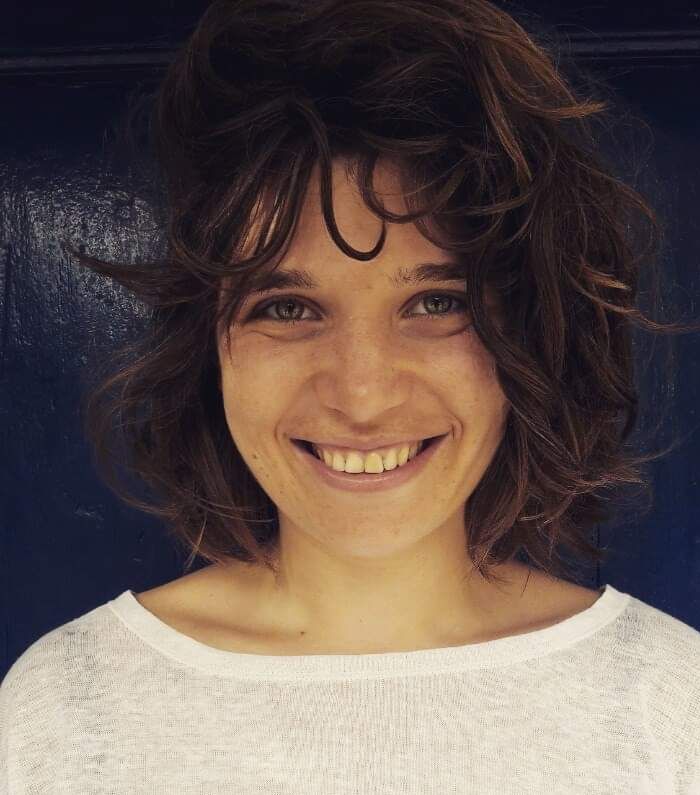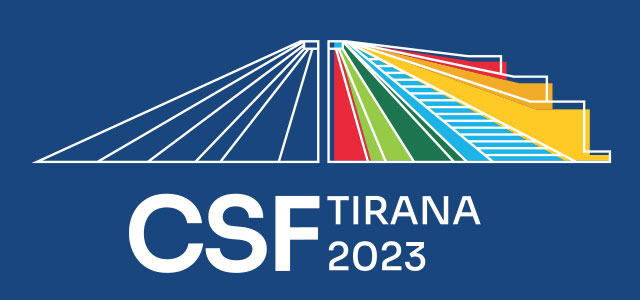Key takeaways from the first Brussels advocacy visit

Political processes are ever-evolving, and CSF is no exception. CSF organizers are expected to innovate the process, increasing its potential to make civil society input more relevant and persuasive. Building on the accumulated knowledge from past years, the design of this year’s CSF includes a stronger advocacy component. As organizers, we found it important to better grasp the political context in which we are organizing the Forum and initiate a dialogue with decision-makers much earlier than the Forum itself. For that reason, we organized a visit to Brussels in May 2023, where we met with representatives from EU institutions, EU member states, and think tanks. [Read more about the advocacy visit to Berlin in June 2023]
We learned three important political messages, that could affect the outcome of this year's CSF: (1) There is a new momentum for EU enlargement, driven mostly by Russia’s aggression on Ukraine (2) There is a diverging gap between WB and EU, that needs to be recognized and met with adequate policy response (3) civil society input to the Berlin process should become more concrete and operational.
The Western Balkan region has again become of interest for the EU Member States, even for those that in the past have lost appetite for enlargement. This renewed momentum for enlargement should be understood as an opportunity for acceleration of the reforms needed in the Western Balkans and what these governments need to deliver. Looking into the next EU elections our interlocutors noted that one could expect that the ‘enlargement question’ will be more positively framed. On the flip side, there is concern that the local discourse in the WB is not picking up on this new momentum, with the region still talking about enlargement fatigue and the dishonestly of the EU’s integration policies. A lack of shift in this narrative and sentiment might lead to jeopardizing this window of opportunity. In WB, narratives such as “accession fatigue”, “Ukraine is jumping the queue”, and “we need to be at war to progress into the EU” are pushed by Russia and replicated by proxy local actors.
We observed a paradigm shift among civil society partners, with a more critical narrative about the cumulative effects of the accession process for the region. In the last decade, the region has made no movement in convergence, to the contrary, the region is economically diverging from the EU. Some explanations for this outcome could be the insufficient financial support the EU has provided to the region to sustain the structural reforms it needs to undergo, WB has trade deficit with the EU, and large migration towards the EU. The focus of the conversation is now shifting to policies that could bridge the gap, such as increased access to the single market in earlier stages of accession, eligibility for structural and cohesion funds, or comitology.
According to our interlocutors, there should be complementarity and convergence of priorities between the Berlin Process, the EU-WB Summits, and other ongoing processes. In terms of civil society's contribution to the process, the advice is to formulate recommendations that are more concrete and implementable and to communicate and consult them timely with EU institutions with the competencies to act upon them.
As the next steps, we, as CSF organizers, together with the TWG leads, are planning another round of advocacy visits to Brussels and Berlin in September 2023. This time our objective is to present an early draft of the recommendations that will come out of the consultation process and seek early feedback and exchange of opinions with relevant EU institutions.
